Waking up early?
Do you think it’s impossible or insane to get up at 5 AM or even earlier?
I loved being awake late and doing interesting things.
It’s 3 AM, and I’m still thinking, just another 30 minutes.
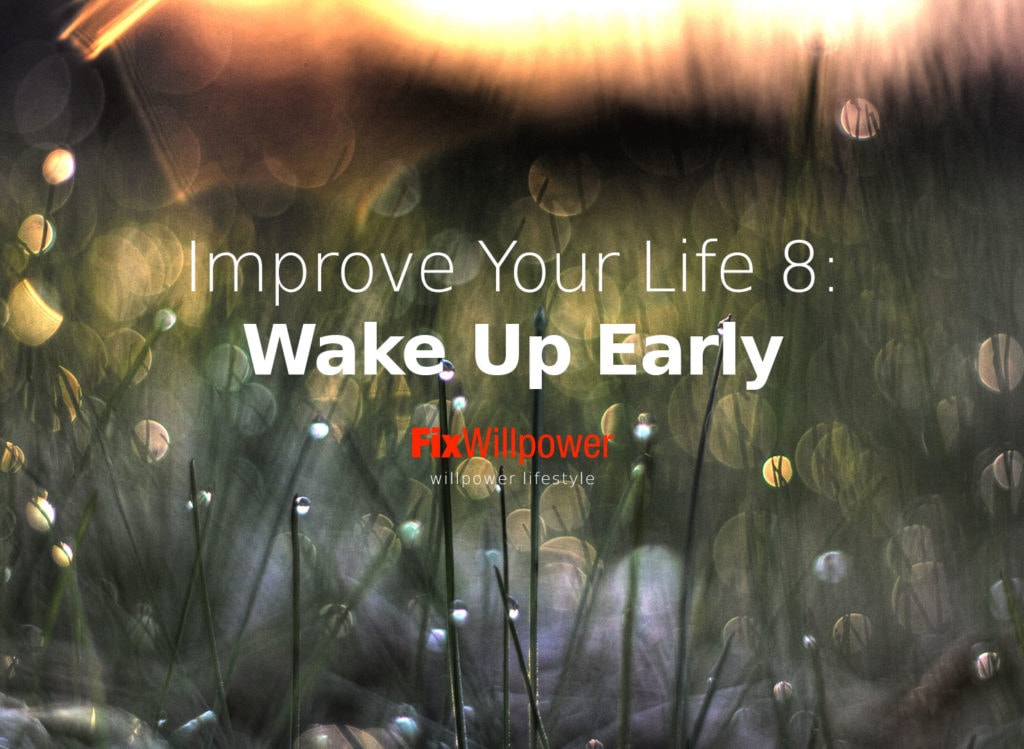
I have spent most of my life this way. I thought I was a night owl type of guy. My night owl identity means that most of my life I woke to an alarm clock or around noon.
Then in my early 30s, I got the idea of becoming an early riser and started to experiment with it. I turned out that it was pretty easy to wake up early.
The key is in getting to bed early. Who would have thought?
In my case, it seems that if I get anything between 7 to 8 hours of sleep, I will wake up without the need of an alarm clock.
I really believed that I couldn’t go to sleep early and even if I do, I won’t wake up early.
Well, as it turns out, I was wrong.
It takes some time for me to adjust the cycle of waking up and going to bed. But once adjusted, I go to bed at my chosen time and wake up 6 to 8 hours later.
The most important thing about sleep
Most of us need 8 hours of sleep every night.
Yes, you too!
Do not wake up early by sleeping less. Go to bed earlier.
If you sleep less than 7-8 hours, you will destroy your productivity.
For me, early rising means getting out of bed before 6 AM.
Usually, 5:30 am.
6 AM wake-up time corresponds to getting to bed at 11 PM at the latest. Going to bed early is the main problem for me with early rising. I do not feel physically or mentally tired by the time I should go to bed.
However, I have come to understand that feeling does not reflect my actual state. My productivity is down, my thought processes are slow, and it would be a brilliant idea to go to bed.
Whatever the case, make yourself go to bed early. The waking up early benefits are worth it!
When you get up around 5 AM, you have several hours of lead time on those with more conventional schedules. You can use that time to do things that matter:
- daily exercise,
- read,
- meditate,
- work.
And you can do all that free of distractions.
Avoiding distractions will double your productivity.
I have sprinkled some wake up early quotes throughout the post to show what other people have thought about how to sleep and wake up early.
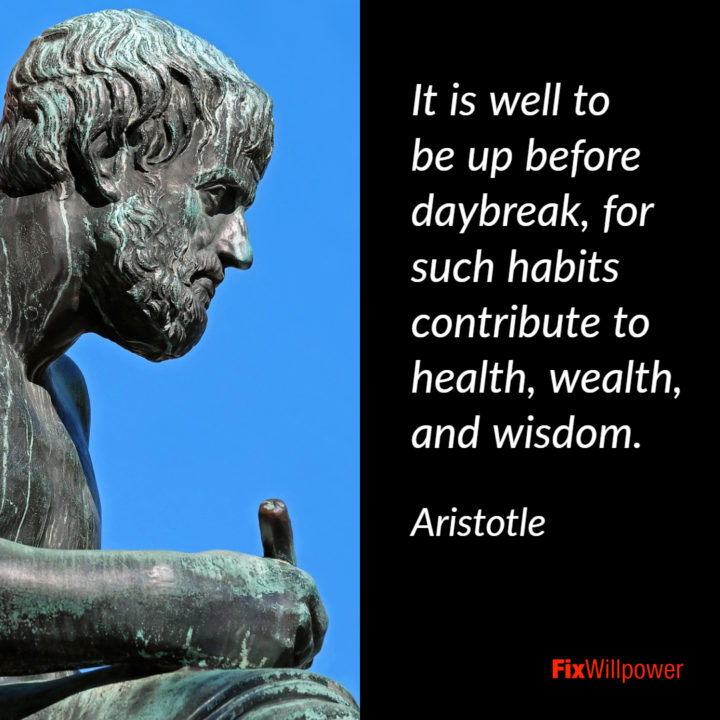
It is well to be up before daybreak, for such habits contribute to health, wealth, and wisdom. ~ Aristotle
Get up when you wake up
How to wake up early in the morning?
From my experiments with waking up early, I suggest you wake up without an alarm. Go to bed so you will have enough time to wake up naturally.
For example, I sleep about eight hours plus-minus 30 minutes. To wake up at 5:30 I need to go to bed around 9 pm. This means you fall asleep within minutes.
If your bedtime right now is 11:30 pm, then you need to move it slowly. Go easy, move your bedtime 10 minutes earlier every day. It will take you two weeks to get from 11:30 pm to 9 pm.
Don’t force it.
Stop using the alarm
How to wake up early without an alarm? As you move your bedtime earlier, leave your alarm at your current setting. Let’s say that you wake up at 7:30 am with the alarm. Use that as a backup. As you move your bedtime earlier, you reach a point when you wake up before the alarm.
Get up!
By the time you reach your goal of sleeping eight hours and waking up, 5:30 am set your alarm earlier. Set it to go off one hour after your desired wake-up time. So, if you go to bed at 9 pm to wake up at 5:30 am, set your alarm to 6:30 am. The alarm will act as a backup for when you oversleep, but you should wake up way before that.
Then get up!
For me, waking up at a specific time every morning without an alarm is one of the most valuable parts of this habit. Of course, you don’t have to wake up early to get up without an alarm. The key is waking up at the same time every day.
Even on weekends.
OK, you can add an extra hour of lazy time on Saturdays and Sundays.
Going to bed and waking up at the same time every day is the most important part of sleep hygiene!
No snooze
Some people set multiple alarms and rely on snooze to make their waking up easier.
Don’t use snooze!
You will fragment your sleep.
Basically, you are replacing a solid stretch of sound sleep with fragmented sleep and get less quality sleep in total.
Set the alarm at the last possible minute and get up when it goes off.
Exercise
Go for a run or walk, do some bodyweight exercises. Early morning is a great time for daily exercise as your energy is close to the peak level.
An important aspect of exercising right after you wake up is giving yourself enough time to become fully awake. It takes 1 to 4 hours to reach peak mental capacity. I hope you are in the 1-hour group.
Read for 20 to 30 minutes
No phone calls, no people, no nothing.
Just you and the text you want to absorb.
The other day I was trying to read a New York Times article while my girlfriend was watching Youtube, TV was on, and two kids were seemingly attempting to murder each other upstairs. I read and re-read the article for 40 minutes before I gave up.
Get up early, and you’ll devour that material with laser-like focus. (You can replace the reading with online courses).
Meditate early in the morning
Daily meditation doesn’t have to take more than 10 to 15 minutes to strengthen your willpower and mental capabilities. There’s no better time for meditation than in the early morning after you have had some exercise.

One key to success is to have lunch at the time of day most people have breakfast. ~ Robert Brault
Do deep work
When you are working in an environment where there are other people around you will probably not get more than 15 minutes of uninterrupted time to concentrate on that important task.
Gloria Mark conducted a study on office workers, which revealed that “each employee spent only 11 minutes on any given project before being interrupted” and that it took, “on average, 25 minutes to return” to their initial task. ~ Wikipedia
Getting to work in the early morning will seem like magic. You will get stuff done with unbelievable speed as you have no interruptions and are at your peak performance. By the time others start to arrive, you are done.
Read Why We Sleep
Why We Sleep will give you more answers about sleep than I every could. If you sleep for less than 7 hours, every night the you have to read it. Maybe you are one of the 1% who can get by on less sleep. Most likely you have accustomed to your chronic sleep deprivation and think it’s your normal state.
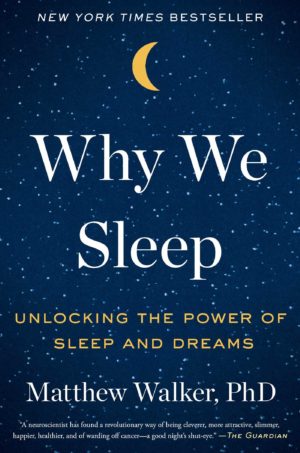
- How do caffeine and alcohol affect sleep?
- What really happens during REM sleep?
- Why do our sleep patterns change across a lifetime?
- How do common sleep aids affect us and can they do long-term damage?
Charting innovative scientific breakthroughs, and synthesizing decades of research and clinical practice, the author explains how we can harness sleep to improve learning, mood, and energy levels; regulate hormones; prevent cancer, Alzheimer’s, and diabetes; slow the effects of aging; increase longevity; enhance the education and lifespan of our children, and boost the efficiency, success, and productivity of our businesses. Clear-eyed, fascinating, and accessible, Why We Sleep is a crucial and illuminating book.
Create Your Morning Routine
If you have decided to wake up early, then make sure those extra hours do not go to waste.
Create a morning routine that you follow consistently!
Mix relaxation with deep work and use the productivity and willpower you have just after waking up to get amazing results.
Write down a perfect version of your morning routine:
Waking up, bathroom, clothes, eating should not take up more than 20 to 25 minutes of your time.
Now you are ready for your first deep work session. Spend 1 to 2 hours on your most important task.
Take a 10 to 20-minute break. For example, you could go for a walk. Just walk 10 minutes in a random direction and then turn around.
Your brain will be alert and ready for the next deep work session after your walk. Spend another hour or more on your important tasks.
By now you have completed more work than most people get done in an entire day. If you started at 5 AM, then time is around 9 AM.
Take a break for 20 minutes. Do whatever makes you happy.
Meditate for 10 to 20 minutes.
That’s it! You are done!

Wake up early every day so that while others are still dreaming, you can make your dreams come true. ~ Hal Elrod
That was the perfect version. You can’t follow it every day but use it as a template and then make adjustments as needed.
But what about exercise? Well, after your morning routine, it’s an excellent time to do your full daily workout. I don’t want to use the most productive time of my day on running or lifting weights. So, I do it after I complete the bulk of the mental work.
But I don’t want to start with no physical activity at all. I do one or two repetitions of push-ups or pull-ups during my waking up sequence to get my heart pumping. Of course, the brisk walk in the middle of the morning routine is something that gets you energized.
The benefits of waking up early
1. Time to wake up
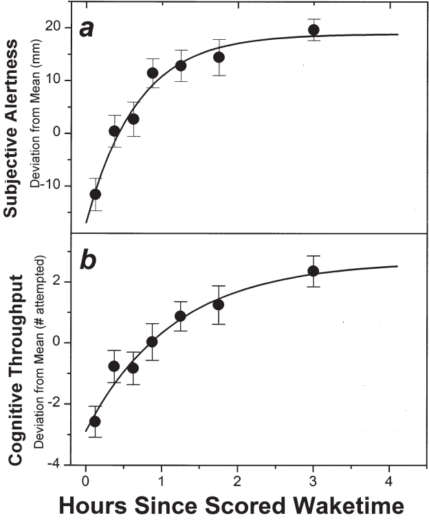
2. Relax
Take that first hour when you are still a little sleepy and take care of yourself. Wash up, eat breakfast, do some light exercise. I suggest walking for 10 to 15 minutes.
3. Large block of time
When you wake up hours before others, then you can use that time in one large chunk to do your most important task. Putting in consistent large blocks of time will let you complete your work a lot faster than people who splinter their time.
4. Peak willpower
In the morning after waking up and eating your breakfast you will have the peak performance time. Build your daily routine around these physiological effects and you will be unstoppable.
5. No distractions
You may have noticed that most people don’t get up before 6 am. That’s your window. No phone calls, no social media notifications, no urgent emails, nothing to distract you from your goals.
6. Focus
When you combine all the benefits above, then you get laser-sharp focus.
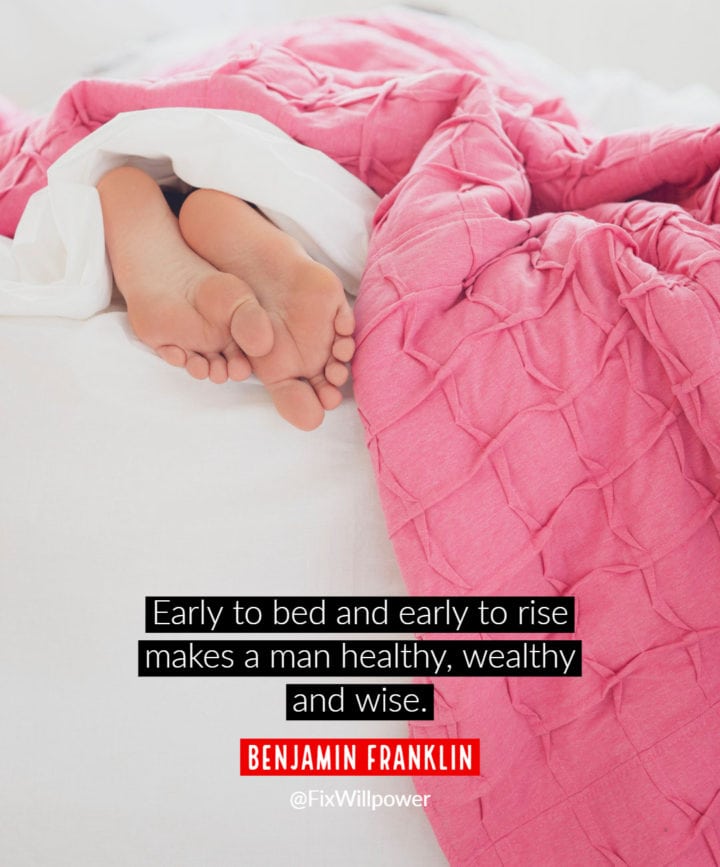
Early to bed and early to rise makes a man healthy, wealthy and wise. ~ Benjamin Franklin
7. Motivation
When you combine all the benefits above then, you have a much higher motivation to work on your task. When you wake up early, you can set everything up for success, and there’s not much that can derail you.
8. Productivity
If you combine all the positive effects of rising early with a focus on a single project, you will get extraordinary results. All these benefits will support each other and create a positive feedback loop that helps you be more effective and make fewer mistakes.
9. Commuting
You should avoid daily commute at all cost, but if you must go to the office to work, then do it early. Beating traffic in urban areas might save you an hour or two every day. Find out what is the best time for you to get to and from work so you spend a minimum amount of time commuting.
10. Results
A minute here, another there, half an hour from commuting, free from distractions will add up. You will gain at least an hour of productive time every day. 52 five-day workweeks will give you 260 hours more productive time every year.
It’s your time
You can do amazing things with 260 hours. Improve the results you get on your job. Start a side project that expands to a new business. Learn a new skill or language. 260 hours is a lot if you focus it on a single area.
But what if you don’t want to work more?
That’s fine too.
Take a lengthy walk with your dog. Play more with your kids. Read books. Go to the theater. Get closer to your partner or friends.
When you wake up early, you have more time to do whatever you want.
Rising early is not a habit, it’s a lifestyle.
However, make sure you sleep enough and you read about the downside to rising early.
Go to bed an hour earlier than usual today and the next few days.
Your mind will be blown!
______________________________
Image: Say you will by Brian Wolfe
Image: Aristotle from Couleur @ pixabay.com
![Read more about the article Why You Should Find the Good in a Bad Situation [4 STEPS]](https://fixwillpower.com/wp-content/uploads/interested-surprise-429x314.jpg)
![Read more about the article 6 Rules of Success [VIDEO] Arnold Schwarzenegger: Trust Yourself](https://fixwillpower.com/wp-content/uploads/trust-arnold-schwarzenegger-429x314.jpg)
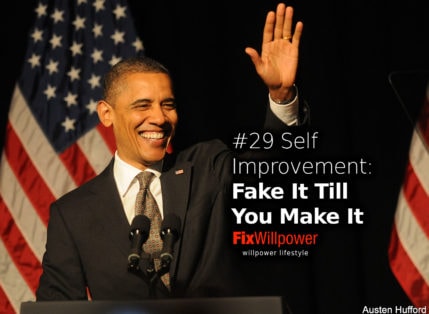

Pingback: Improve Your Life #25: Stop Multitasking | Fix Willpower
Hi, I am Katherin Garrett. Thanks for your top-notch article. I want to add something with you. I think starting your day early improves your concentration. In addition to being able to focus on goals and task lists without being interrupted by family members or coworkers, getting up early means that by the time you get to work or school, you’ve had hours to properly acclimate yourself to the day. You’ll be more alert during peak hours as a result. Am I right?
Thank you for your comment. You are totally right about focus. But there is another side to the waking early. You basically time-shift yourself from others. I wrote a little bit about it here. https://fixwillpower.com/blog/is-rising-early-a-form-of-escapism/
Pingback: Breakfast Meetings That's Too Good Not To Try- Tuesdays with Remo | He's online!
Pingback: Is Rising Early a Form of Escapism? | Fix Willpower